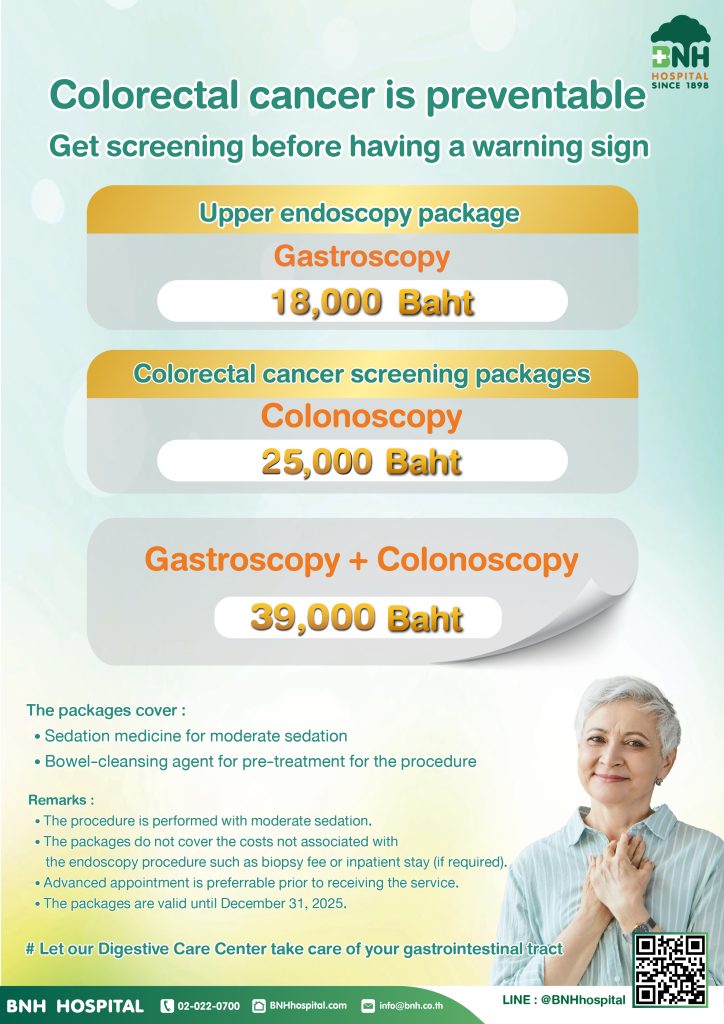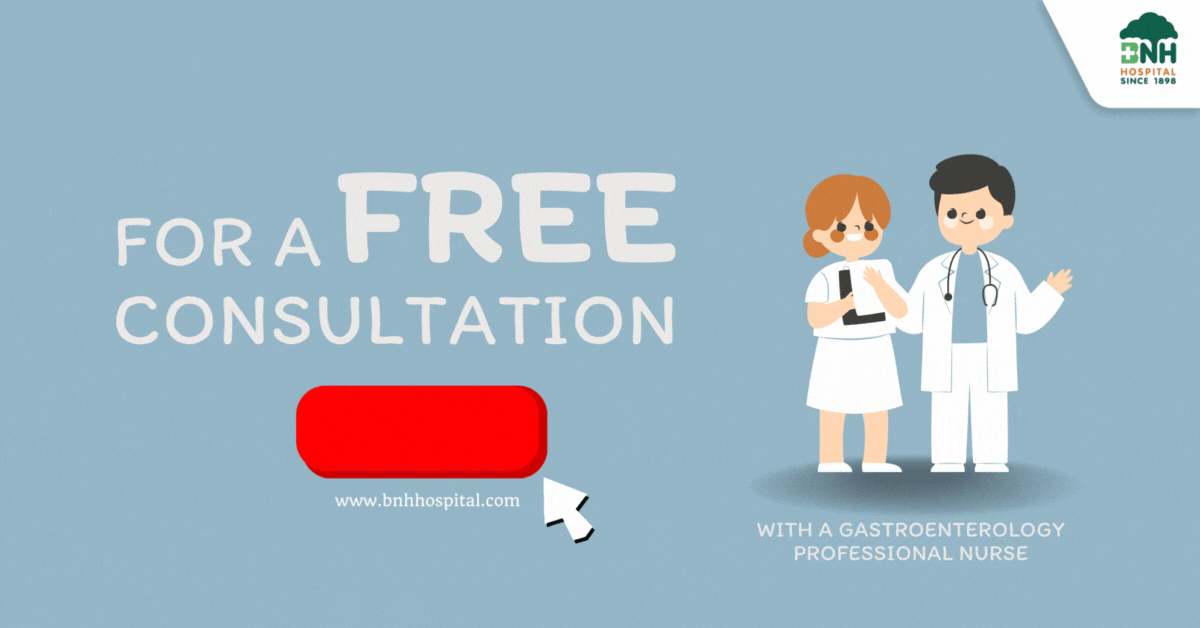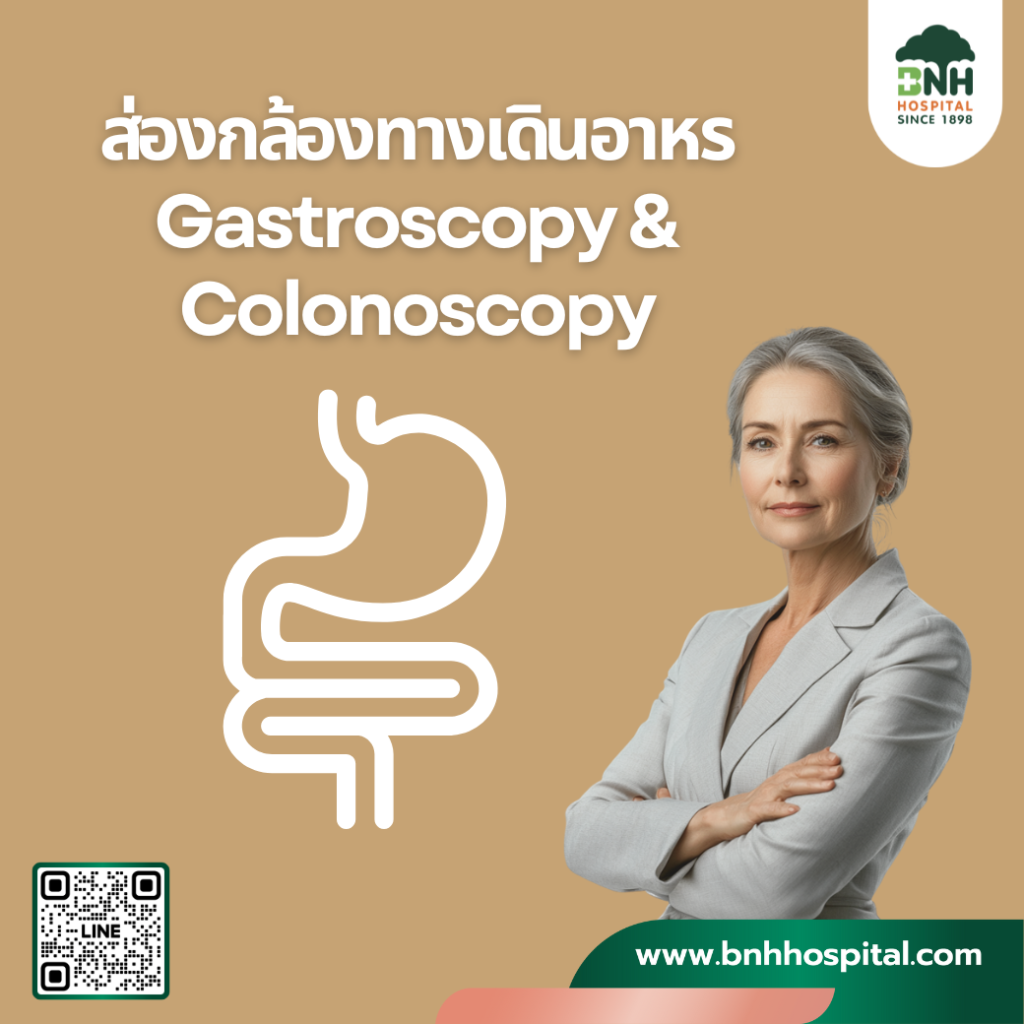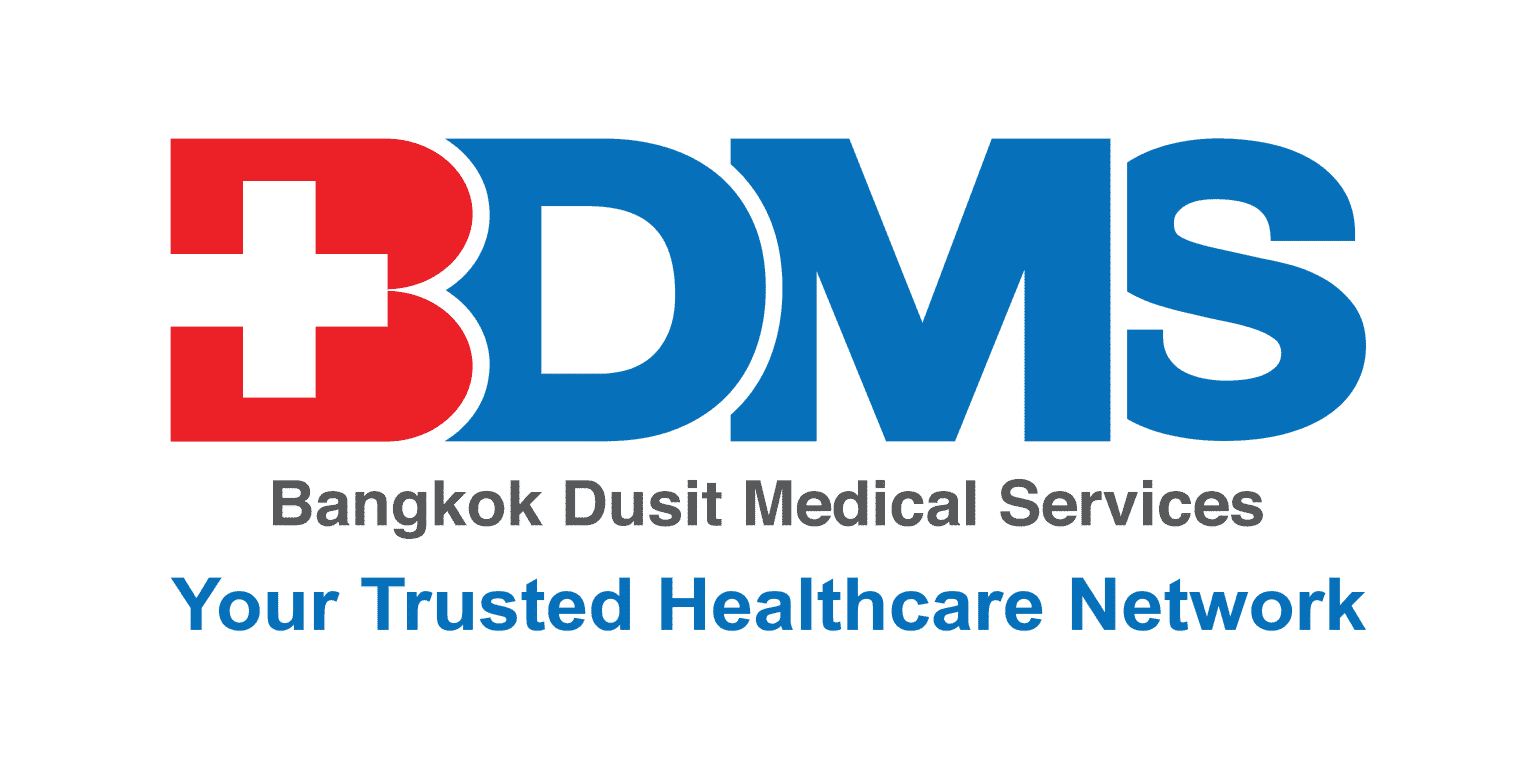Blood in Stool: It Might Not Be Just Haemorrhoids – Dangers You Might Not Expect

Choose the topic you want to read:
Bloody stools may not be just a matter of hemorrhoids. They can also be caused by several reasons, such as a lump in the intestines or bile ducts, colon cancer, gastric or intestinal ulcers, etc. Therefore, if you have bloody stools, you should consult a doctor to diagnose and treat the cause of this symptom appropriately.
Bloody stools can be caused by the following reasons:
- Colon cancer
- Lump in the intestines: The presence of a lump in the intestines can be the cause of bloody stools, especially in cases where the lump is located near the fecal tract.
- Blood Cell Disorders: This is a disease caused by problems in blood cells which cause symptoms of bleeding in the fecal tract. It can be fresh, bright blood or dark blood.
- Gastric or intestinal ulcers: Gastric or intestinal ulcers can be a cause of bloody stools. Symptoms often include dark blood.
- Intestinal diseases: These include bleeding from the intestines, colon tumors, or diseases related to blood vessels in the intestines.
- Digestive diseases: These include acid reflux, gastric ulcers, liver disease, or diseases related to the digestive tract.
What are hemorrhoids?
Hemorrhoids are a disease related to the lymphatic and bile ducts, located in anus. They are usually caused by blood remaining in the lymphatic or bile ducts. The most common cause is inflammation, such as the inflammation of blood cells, or sitting for long periods of time. Symptoms of this disease include pain, swelling, and bleeding when defecating. Hemorrhoids can be treated in a variety of ways, such as behavioural change, medication, or surgery in severe cases. Therefore, you should not be complacent or leave hemorrhoids untreated, because they may affect the digestive system. Do not think that hemorrhoids will go away on their own – that’s a bad idea. If you are someone who already has hemorrhoids, you should at least get a colonoscopy to screen for colon cancer. You can also ascertain the cause of the hemorrhoids and whether you are at risk of developing colon cancer.
Diagnosis of bloody stools can be done in several ways:
- A doctor will ask you about the colour of the blood that is excreted, whether it is bright red or not, including checking to see if you have hemorrhoids, to get basic information about the causes of your bloody stools.
- Diagnosis by colonoscopy: A colonoscopy is an important diagnostic method for those with the symptom of bloody stools. In this procedure, the doctor will enter the colonoscope through the anus to check the fluid in the large intestine and the tissue inside the intestines. This method helps in diagnosing bloody stools at a very accurate level, and tissue samples can be immediately extracted for analysis in the laboratory.
Treating bloody stools
If there is only a small amount of blood in the stools, it may be a mild health problem such as constipation, which the patient can take care of themself by adjusting their lifestyle habits, such as eating high fibre foods, drinking lots of water, and practising good bowel habits. Medication may not be required at this point, but whenever there is a large amount of blood in the stools or frequent bloody stools consecutively, over a long period of time, a patient should see a doctor. The doctor will apply treatment according to the patient’s symptoms.
In patients with more severe symptoms, significant bleeding, hypotension, dizziness, fainting, or shock, the doctor may need to inject blood or saline solution into the patient’s body to replace lost blood, and may consider prescribing medication based on the patient’s condition.
Treating patients with bloody stools requires treatment of the root cause. The doctor will perform a diagnosis to find the true cause, and then plan a treatment by examining the stools to determine the presence of bleeding, or a colonoscopy to look for intestinal abnormalities (especially abnormalities in the large intestine), so that the doctor can provide appropriate treatment.

Preventing bloody stools
Bloody stools may be prevented by reducing the risk of disease and illness in relation to internal organ systems by:
- Eat healthy, hygienic, and nutritious foods, such as vegetables, fruits, and grains that are high in fibre. This is to prevent constipation, diarrhea, or other damage that may occur in the digestive system.
- Drinking lots of clean water.
- Practising good bowel habits.
- Exercising properly.
- Avoid drinking alcohol, as it may react with organ tissues in the gastrointestinal tract. This may lead to gastric ulcers and reduce blood clotting ability.
Bloody Stools VS Colon Cancer
Colon cancer can cause ulcers on the inside of the colon wall. If the cancer is near the anus, it may cause rectal pain, incomplete bowel movements, or constipation alternating with diarrhea. This causes a risk of painless fresh blood rectal bleeding. Since bloody stools may be a warning sign of colon cancer, if you frequently have blood in your stools, you should undergo a colonoscopy to screen for colon cancer.
According to public health statistics in 2020, colon cancer is the leading cause of death among the Thai population. Gastrointestinal cancer can occur in the general population and often shows no symptoms in its early stages. If we continue our daily lives without realizing what might happen, there could be unexpected dangers. In most cases, by the time patients find out that they have colon cancer, it is usually at an advanced stage, which is difficult to treat and has a high chance of death.

When should I get a colonoscopy?
- Experts usually recommend that those aged from 45-50 years and over undergo colonoscopy, even if there are no abnormal symptoms.
- In the case where close relatives have a history of colon cancer, subtract 10 years from the age of the relative’s onset of colon cancer, but not more than 40 years of age. For example, if your relative developed colon cancer at the age of 50, you should undergo colon cancer screening when you are 40.
- If you have any abnormal symptoms, you should see your doctor immediately to determine the root cause. Don’t leave it until it’s too late.
Summary
Although most bloody stools are usually caused by hemorrhoids, they may indicate the onset of a more serious disease, especially colon cancer. Therefore, if treating only the hemorrhoids without being tested for colon cancer can cause the cancer to spread when ignored. Don’t be complacent, because colon cancer is one of the leading causes of death in the Thai population. This can occur in people of all genders and ages, and usually does not show symptoms in the early stages.

You can assess your colon cancer risk for free at -> Colon Cancer Risk Assessment Form, BNH Hospital.
Gastroscopy & Colonoscopy Package
Another dangerous cancer that often appears without warning signs is colorectal cancer.
” Don’t be complacent! Colon cancer can be cured if detected at an early stage. “
Gastroscopy 18,000 THB
Include
- Doctor’s fee for gastroscopy
- Endoscopy room fee
- Preparation room fee
- Laxative medication fee
- Anesthesia fee (sedation)
- Medical equipment and instrument fee
- Hospital service fee
Colonoscopy 25,000THB
Include
- Doctor’s fee for colonoscopy
- Endoscopy room fee
- Bowel preparation room fee
- Laxative medication fee for bowel preparation
- Anesthesia fee (sedation)
- Medical equipment and instrument fee
- Hospital service fee
- Recovery room fee
Gastroscopy + Colonoscopy 39,000THB
- Doctor’s fee for gastroscopy
- Doctor’s fee for colonoscopy
- Endoscopy room fee
- Bowel preparation room fee
- Laxative medication fee for bowel preparation
- Anesthesia fee (sedation)
- Medical equipment and instrument fee
- Hospital service fee
- Recovery room fee
- Please make an appointment in advance.
- This price includes doctor fees and hospital service fees.
- This package includes an anaesthesia for the endoscopy (moderate sedation).
- This package does not include a general anaesthesia fee conducted by an anaesthesiologist, if required.
- This package does not include additional fees other than for the endoscopy itself, such as additional biopsy tests, room and board in the case of inpatient stay (admission), and medication and treatment of other illnesses.
Service Location: Digestive Care Centre, 3rd Floor, Zone B, BNH Hospital
Operating Hours: Monday–Sunday, 8:00 AM–5:00 PM.








